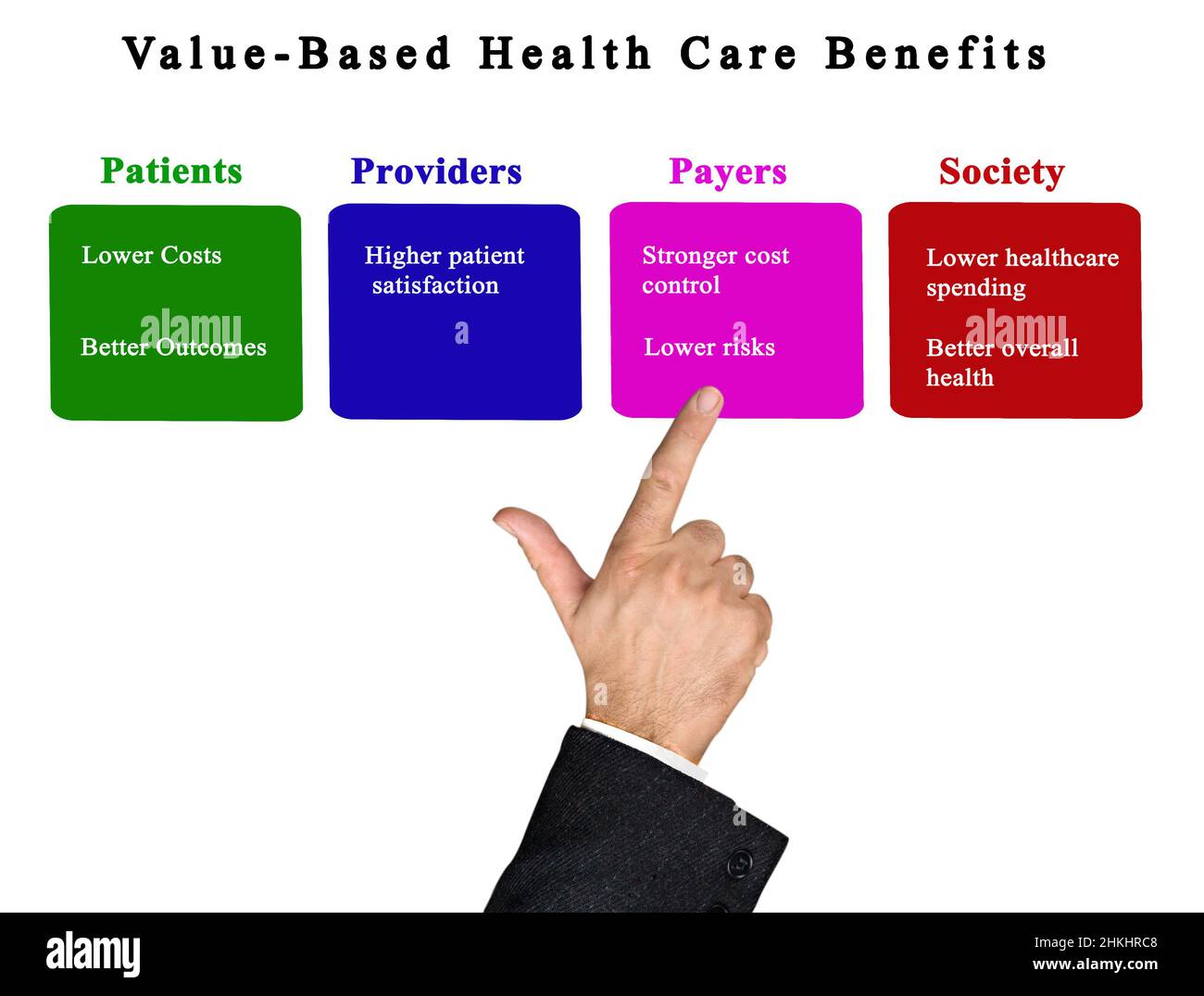Benefits of Value-Based Care
Welcome to our comprehensive guide on the benefits of value-based care. In this article, we will explore the advantages of adopting a value-based care approach in healthcare delivery. Value-based care focuses on improving patient outcomes while controlling costs, and it has gained significant attention in recent years. Let’s delve into the various benefits it offers.
Improved Patient Outcomes
One of the primary advantages of value-based care is its emphasis on improving patient outcomes. By shifting the focus from fee-for-service to value-based reimbursement models, healthcare providers are incentivized to deliver high-quality care that leads to better patient outcomes. This approach promotes proactive and preventive care, resulting in reduced hospital readmissions, improved patient satisfaction, and ultimately, healthier individuals.
Cost Containment
Value-based care also offers significant benefits in terms of cost containment. By prioritizing preventive care and early intervention, healthcare providers can identify and address health issues before they become more severe and expensive to treat. This proactive approach reduces the need for costly hospitalizations and emergency room visits, resulting in substantial cost savings for both patients and healthcare systems.
Enhanced Care Coordination
In a value-based care model, care coordination plays a crucial role in ensuring seamless healthcare delivery. By promoting collaboration among different healthcare providers involved in a patient’s care, value-based care enhances coordination and communication. This leads to a more holistic approach to healthcare, reducing duplication of services, preventing medication errors, and improving patient safety.
Increased Focus on Preventive Care
Value-based care places a strong emphasis on preventive care, which has numerous benefits for patients and healthcare systems. By investing in preventive measures such as vaccinations, screenings, and lifestyle counseling, providers can identify and address health issues at an early stage. This proactive approach not only improves patient health outcomes but also reduces the need for costly interventions and long-term treatments.
Alignment of Incentives
Another advantage of value-based care is the alignment of incentives among healthcare stakeholders. In fee-for-service models, providers are often incentivized to deliver more services, regardless of their necessity. In contrast, value-based care aligns incentives by rewarding providers for delivering high-quality care and achieving positive patient outcomes. This alignment promotes a patient-centered approach and encourages healthcare providers to focus on what truly matters the well-being of their patients.

Value-based care offers numerous benefits that can revolutionize healthcare delivery. By prioritizing patient outcomes, containing costs, enhancing care coordination, promoting preventive care, and aligning incentives, value-based care models pave the way for a more efficient and effective healthcare system. As healthcare continues to evolve, embracing value-based care is crucial for delivering high-quality, patient-centered care that meets the needs of individuals and communities.
Frequently Asked Questions – Benefits of Value-Based Care
1. What is value-based care?
Value-based care is a healthcare delivery model that focuses on improving patient outcomes while reducing costs. It emphasizes quality and efficiency in healthcare services.
2. How does value-based care benefit patients?
Value-based care ensures that patients receive high-quality, coordinated care that meets their specific needs. It promotes better health outcomes, improved patient experience, and reduced healthcare costs.
3. What are the advantages of value-based care for healthcare providers?
Value-based care incentivizes healthcare providers to deliver efficient and effective care. It encourages collaboration among providers, enhances care coordination, and promotes the use of evidence-based practices.
4. Does value-based care improve healthcare quality?
Yes, value-based care focuses on delivering high-quality care by measuring and rewarding healthcare providers based on patient outcomes, safety, and patient satisfaction. It encourages continuous improvement in healthcare quality.
5. How does value-based care help in reducing healthcare costs?
Value-based care aims to reduce unnecessary medical procedures, hospital readmissions, and medical errors. Focusing on preventive care, care coordination, and efficient resource utilization, helps in lowering overall healthcare costs.
6. Is value-based care beneficial for patients with chronic conditions?
Yes, value-based care is particularly beneficial for patients with chronic conditions. It promotes proactive management of chronic diseases, ensures care continuity, and helps in preventing complications, leading to better health outcomes for these patients.
7. Can value-based care improve patient engagement?
Yes, value-based care encourages patient engagement by involving patients in decision-making, providing education and support, and promoting shared decision-making. This leads to better patient satisfaction and adherence to treatment plans.
8. Does value-based care promote population health management?
Yes, value-based care focuses on population health management by addressing the health needs of specific patient populations. It promotes preventive care, early intervention, and population health analytics to improve the overall health of communities.
9. How does value-based care support care coordination?
Value-based care encourages care coordination by promoting communication and collaboration among healthcare providers. It ensures that patients receive seamless and well-coordinated care across different healthcare settings.
10. Can value-based care lead to better healthcare outcomes for underserved populations?
Yes, value-based care aims to address healthcare disparities and improve outcomes for underserved populations. By focusing on patient-centered care, it ensures that all patients receive equitable access to high-quality healthcare services.




